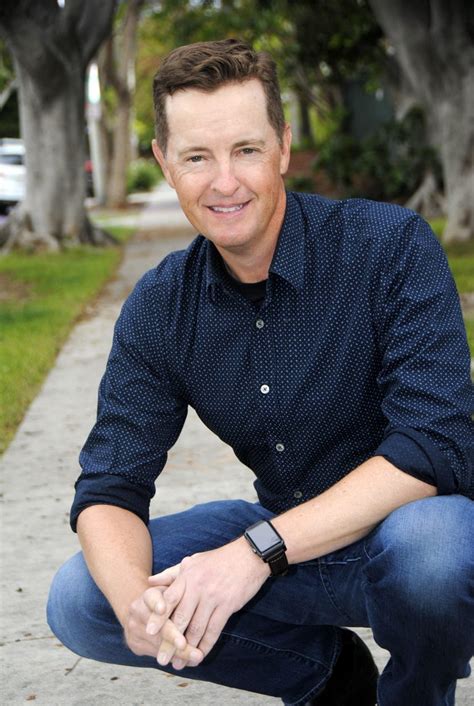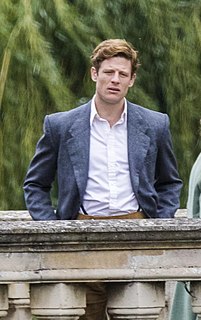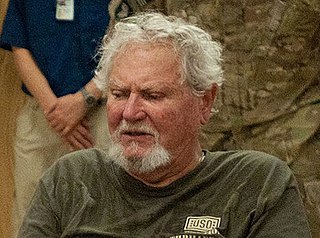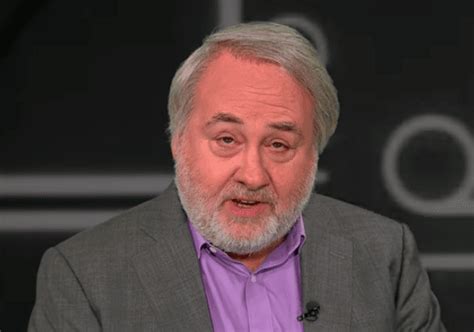A Quote by Matthew Reilly
Related Quotes
Fiction writers come up with some interesting metaphors when speaking of plot. Some say the plot is the highway and the characters are the automobiles. Others talk about stories that are "plot-driven," as if the plot were neither the highway nor the automobile, but the chauffeur. Others seem to have plot phobia and say they never plot. Still others turn up their noses at the very notion, as if there's something artificial, fraudulent, contrived.
I plot as I go. Many novelists write an outline that has almost as many pages as their ultimate book. Others knock out a brief synopsis... Do what is comfortable. If you have to plot out every move your characters make, so be it. Just make sure there is a plausible purpose behind their machinations. A good reader can smell a phony plot a block away.
And if I'm guilty of having gratuitous sex, then I'm also guilty of having gratuitous violence, and gratuitous feasting, and gratuitous description of clothes, and gratuitous heraldry, because very little of this is necessary to advance the plot. But my philosophy is that plot advancement is not what the experience of reading fiction is about. If all we care about is advancing the plot, why read novels? We can just read Cliffs Notes.
If I had to catalog all the moronic plot turns in The Day After Tomorrow, we'd be here until the next ice age. It's just so very bad. You can have a pretty good time snickering at it-unless, like me, you think there's something to this global warming thing, and you shudder at the irony of a movie meant to warn people about a dangerous environmental trend that completely discredits it. Is it possible that the film is a plot to make environmental activists look as wacko as anti-environmentalists always claim they are?






































